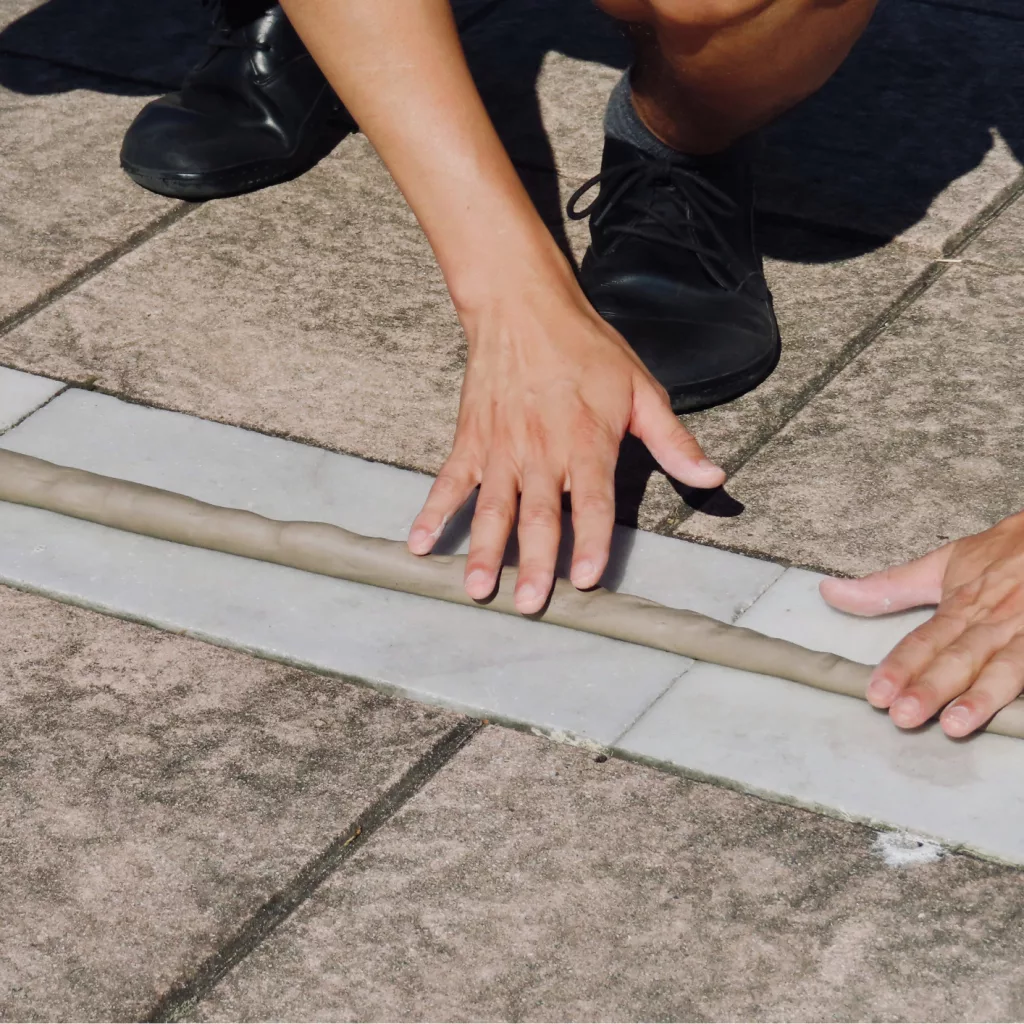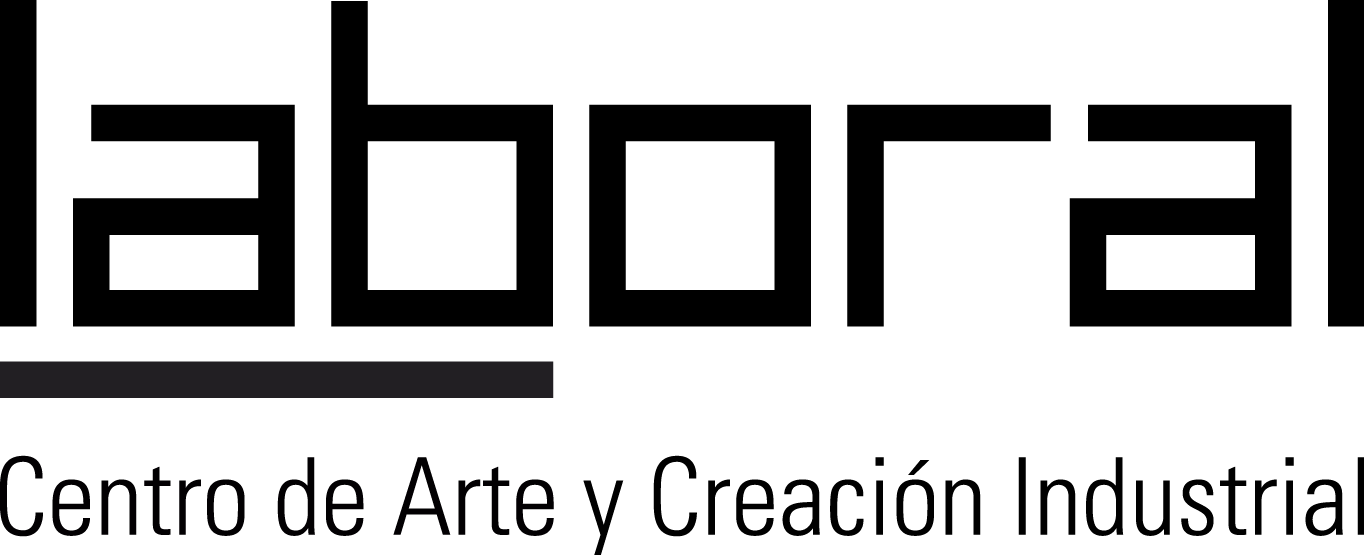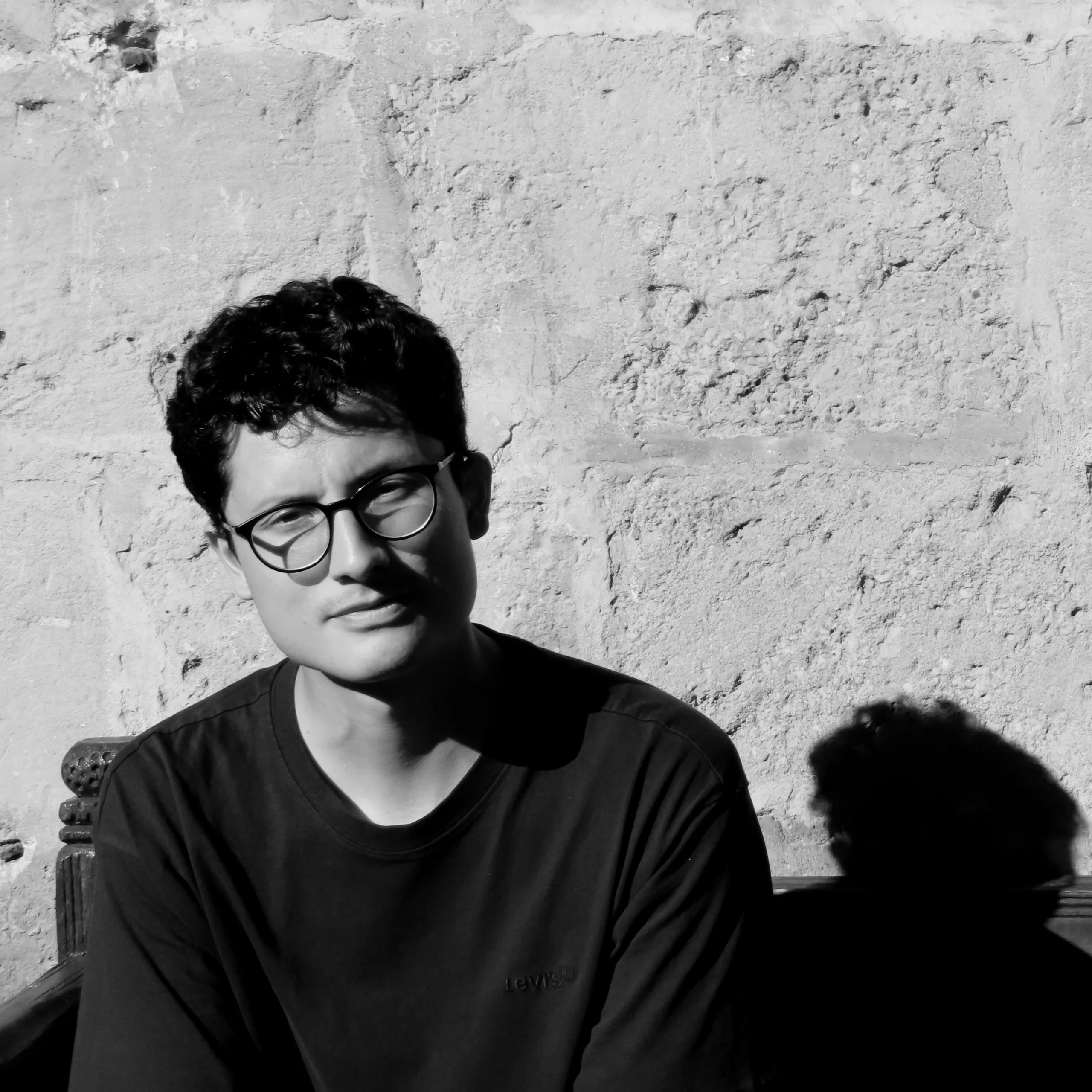Martín Huamanchumo
1 September 2024 – 31 January 2025
Originally from Peru (1992). At the age of 15, he moved to Madrid with his family, where he began to explore the city’s different cultural expressions, laying the foundation for his interest in the artistic process and the humanities.
Later, he lived in Portugal, where he developed an affinity for ceramics and decided to further his studies at the Francisco Alcántara School of Ceramics (Madrid), completing a two-year training course in Artistic Ceramics. He then did a 10-month Erasmus internship in Caldas da Rainha (Portugal). There, he came into contact with the ceramics industry, where he developed his professional career, specializing in the production of plaster molds. His vocation and interest in ceramics motivated him to participate in various training courses at CENCAL (Training Center for the Ceramics Industry, Caldas da Rainha), thus obtaining a solid technical foundation.
In June 2024, he settled in Gijón and decided to focus his work on research and artistic creation, drawing on reflections linked to inhabited space—a modulator of relationships and meanings—the historicity of ceramics—an interpreter of stories of cosmogonies and sociocultural processes—and the twinning of ceramics with relevant agents and scenarios in the social ecosystem.
Artist participating in the exhibition Terranautas. Notes for a new world map
Project in residence
Equí faise cerámica: Alcuentros creativos
The maelstrom of information we live with—much of it skewed by algorithmic parameters—presents us with a soothing scenario: anything that makes us uncomfortable, that invites us to move and resist, is camouflaged under content that is pleasant and numbing. Talking about ceramics today often refers to simplified methods for making a picturesque piece that is easy to produce. The complexity of the craft has been reduced to aphoristic formulas that erase its transformative potential and, above all, the sociocultural relevance that once defined it and gave it validity.
From its origins, ceramics has been linked to the complexity contained in every society or human group. In this sense, what made ceramics a means of material and symbolic production was the encounter—clay is gathered and kneaded, a piece is enriched with interpretations and applications, its imperishable materiality is a constant tension between permanence and the wear and tear of time. The recovery of this dialogue of actions in the ceramic process is the conceptual foundation of the EQUÍ FAISE CERÁMICA: ALCUENTROS CREATIVOS project.
Through an experiential and participatory approach, the aim is to define a body of knowledge and practical approaches that link ceramics to work in community contexts, with the participation of associations and cultural spaces in the city of Gijón. These meetings will seek to endow the ceramic process with qualities linked to collective work, using a methodology open to exploration, reinterpretation, dialogue, and participatory listening.
In order for this project to be an invitation to approach ceramics from a perspective that is more permeable to participatory and community processes, the aim is to compile a freely available dossier that captures the development of the artistic residency: lessons learned, mistakes, successes, new horizons, and reflections.



